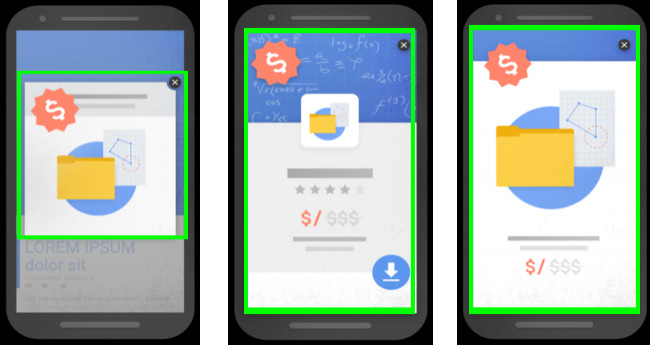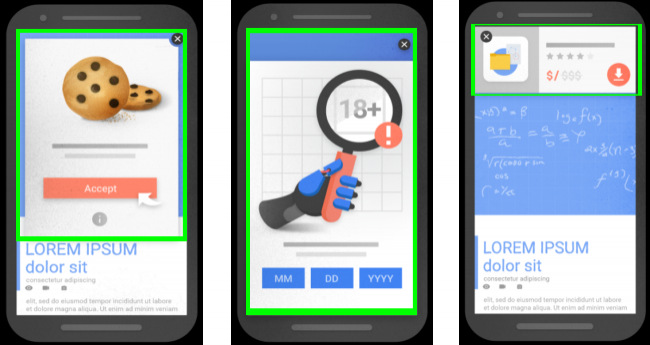Is Your Site Primed for Google’s Upcoming Change?Jun12021

Did You Know?
Google looks at over 200 ranking factors that contribute to where a page appears in the search results for any specific keyword search.
Google is known for making frequent algorithm changes that impact search results - the newest one coming around the pike - Google has labeled as the Page Experience signal.
The Page Experience signal was scheduled to roll out in May. The drop date has been moved forward to a mid-June release with full search ranking integration by end of Summer.
This particular algorithm has the potential to impact your website search results, so it’s important for you to be aware of it, and make changes to your site now … if you haven’t done so already.
Core Web Vitals
This Google update makes Core Web Vitals a new ranking factor. Core Web Vitals is a set of specific factors Google considers important in the overall user experience on a webpage.
Specific Elements to Ensure Google Sees a Positive Page Experience
These are elements you’ll want to be sure are included and tweaked on each and every page of your website.
Security
Google wants to see that your site is secure with an SSL certificate.
A secure site has a SSL certificate (secure socket layer) and the browser URL begins with https://, instead of http://.
Secured data is encrypted and travels between your site and the user’s smartphone or computer platform.
Core Web Vitals
Core web vitals are graded on:
- Load Time (LCP – largest contentful paint)
Should occur within the first 2.5 seconds of page starting to load. - Interactivity (FID – first input delay)
Strive for an FID less than 100 milliseconds. - Visual Stability (CLS – cumulative layout shift)
Strive for a CLS score of 0.1 or less.
View Google acceptable levels of Core Web Vitals.
Google info on the Core Web Vitals report.
If you aren’t tech savvy, consider having a qualified web specialist review your site and run page experience scores. Changes can then be made so your site is in alignment with the Core Web Vital criteria Google looks for.
Mobile Friendly
Google specifically looks to see if your website is mobile-friendly. Having a responsive site is better than having a separate website for mobile users.
Check now to see if your site is considered mobile-friendly.
Readability and Clarity
Ensure your website content is written in a clear and concise manner, while easily readable by audiences on both computers and smartphones.
Intrusive Interstitials
- Interstitials are screens that pop-up in between pages during the navigation process – and Google doesn’t like them.
- In certain circumstances these screens are displayed on websites where the age for viewing is over 18 (as an example). Once that screen is clicked appropriately, then the viewer is allowed to move forward into the site. Age-protection is considered an exception.
- Google says that small pop-ups are OK, but can’t be so large they overlay or obscure significant portions of content.
- Google reminds us their indexing is based on the mobile version of a website. Pop-ups which may not appear intrusive on a desktop, display extremely intrusive on a smartphone.
Google offers these examples:
Intrusive …

Non-Intrusive …

Safe Browsing
Google scans to confirm your webpages don’t contain malicious or deceptive content. When sites experience safe browsing issues, they can be suspended from Google search.
More info on the Security Issues report.
Add’l Info:
Google Explains Page Experience, with 2021 update.
Understanding Page Experience in Google Search Results
Is Your Site Ready for the Google Page Experience Signal Update?
Prepare for these changes now.
If you don’t want to take on this task alone, Hosting Connecticut can help you get your site up to snuff.
Return



